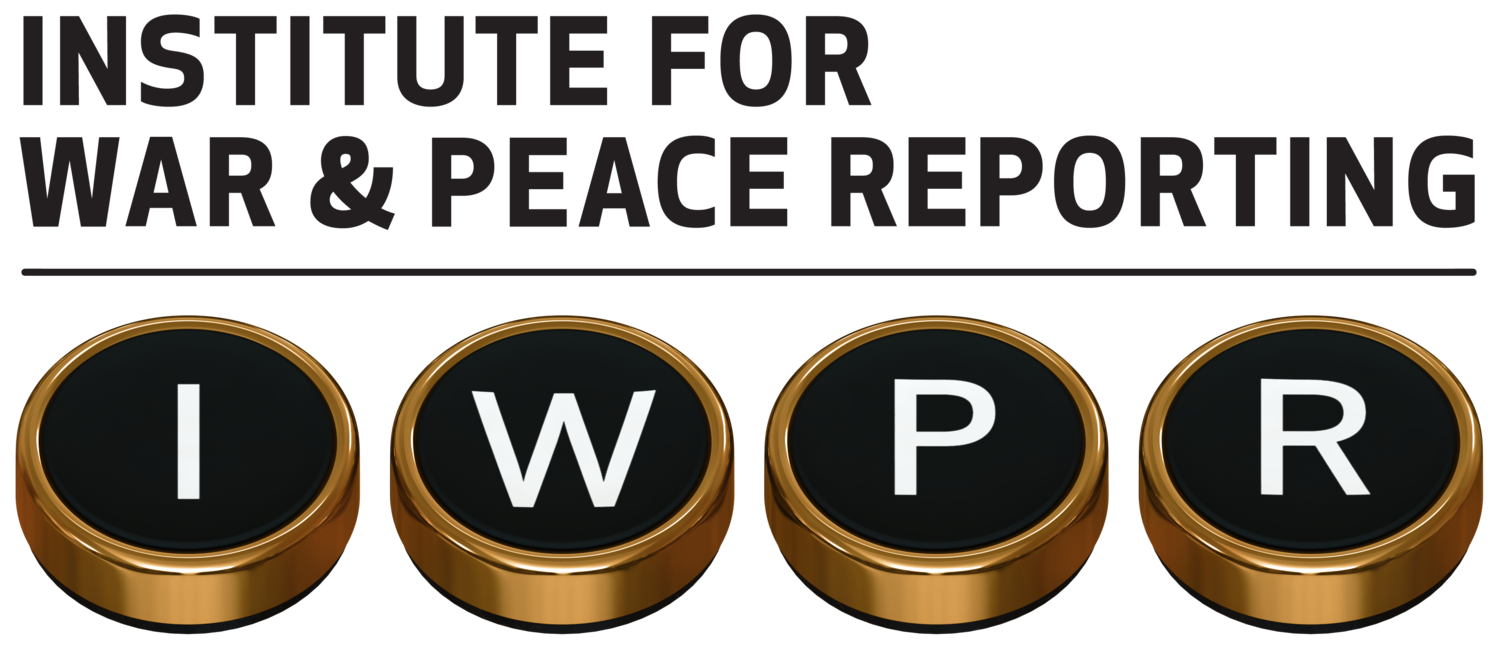Strengthening media in Latin America and the Caribbean to counter evolving threats and conduct fact-based reporting that speaks truth to power.
Independent journalists in Latin America play a vital role in the region’s democracy, denouncing corruption, human rights violations and criminal networks as well as providing accurate information during elections and informing peoples’ decision-making.
However, recent years have seen a continuous deterioration of media freedoms in the Latin American and Caribbean (LAC) context according to Reporters Without Borders’ Media Freedom Index. Journalists and other media workers face threats including attacks, repression and disinformation campaigns by increasingly authoritarian governments; violence and murders by private actors; and a dependency on government advertising and a scarcity of resources to conduct work independently.
Even the internet – often considered a haven for free expression and which continues to provide excellent opportunities for reaching audiences – has become a threat to accurate and independent journalism. Aside from online censorship, harassment, surveillance and cyberattacks, outlets in the region now also compete for online space with disinformation, propaganda and clickbait. Leaders use social media as a way to circumvent the filtering role traditionally played by the media, while malign national and foreign actors capitalise on algorithms to manipulate public opinion and elections. Media outlets and journalists are themselves regular victims of disinformation campaigns.
These realities have become more acute during the COVID-19 pandemic, as governments have sought to control information and abused emergency powers, while disinformation and fake news have distorted the public’s understanding and economic crises have reduced media advertising revenue.
In response to these challenges, in late 2020 IWPR created the Consortium to Support Independent Journalism in Latin America (Consorcio para Apoyar el Periodismo Independiente en la Región, CAPIR) to strengthen the capacity of journalists and media outlets in the region to sustainably counter threats and challenges, allowing them to conduct fact-based reporting that holds power-holders accountable.
IWPR believes that only by pooling resources and combining expertise, can some of the recent reverses in press and media freedoms be confronted.
view focus page >
Elizardo Sanchez, head of the banned but tolerated Cuban National Human Rights Commission, talks with journalists after meeting with Assistant Secretary of State for Western Hemisphere Affairs Roberta Jacobson at the Residence of the Chief of Mission of the U.S. Interests Section January 23, 2015 in Havana, Cuba. © Chip Somodevilla/Getty Images

